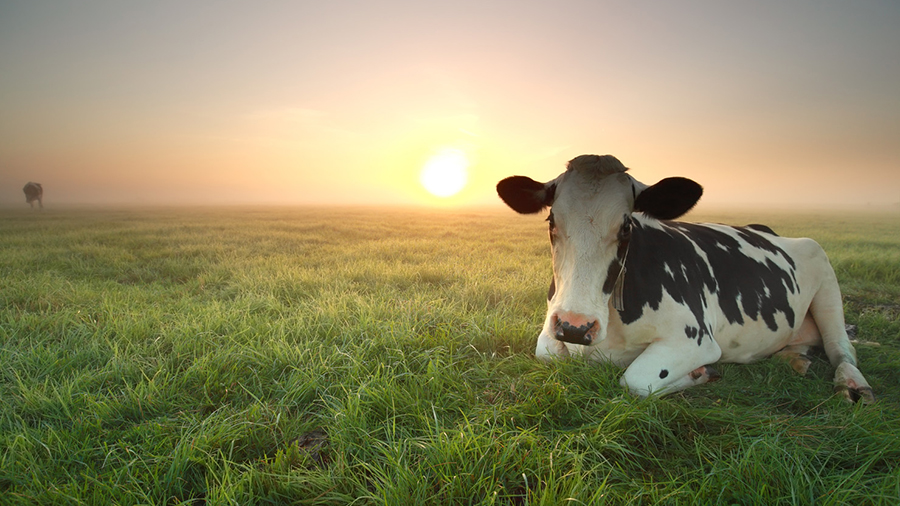Advertiser content
Intelligent forage breeding for forward-thinking growers
Provided by
RAGT breeds, produces, and sells seeds globally. The company has one of the largest species portfolios in the seeds industry: maize, sorghum, cereals, oilseeds, protein crops, forages, cover crops and amenity.
 © RAGT Seeds
© RAGT Seeds New opportunities for the seed supply chain and dedicated seed growers are on the cards as RAGT looks to expand its forage and soil health product portfolios.
Although RAGT has been involved in the grass, maize and soil health sectors for many years, many people are unaware of the extent of that involvement, says David Ramdhian, head of forage and soil health crops.
“It often comes as a surprise, but we are currently involved with lots of partners within and beyond the RAGT group. For example, Joordens, part of the RAGT portfolio, sells forage, soil health and cover crops direct into UK and via RAGT.
“With forage and amenity grasses, we have agreements with many other companies that take our products and put them in to mixtures. Many well-known varieties are actually RAGT’s, so we have a much bigger market share than many might think.”
Forage grass
RAGT’s forage grass offering was bolstered in 2019 with RAGT’s acquisition of forage specialist Carneau’s research activities, introducing a different set of genetics to the programme.
RAGT currently has four breeding stations and 16 breeding programmes within its forage grass portfolio, but currently ryegrass production remains 100% UK based, says David.
“We have a really good pipeline of varieties coming through. Sales of straight seeds are increasing year on year, and we can also produce simple mixtures, which we are developing with merchant partners.
“Our portfolio is currently based on ryegrasses and clover, but we are working on other species, so we will be looking to increase our seed contracts in this area.”
Amenity grass
Until recently, all amenity grass in the UK had been sold through external partners, but RAGT is now working more closely with the sector.
“We have lots of commercial varieties under test, ready to add to our already-extensive portfolio, which are present in many turf mixtures,” says David.
“The first production of UK amenity perennials is already planned. We will be requiring new seed growers to help us meet demand.”
Maize
This is another good new story with the biggest tranche of early material from RAGT now in UK National List trials.
“Not everyone realises that Agiraxx, the best-selling UK variety this century, was bred by RAGT,” says David. “That still surprises a lot of people.
“Our offering also includes two very good early varieties in RGT Duxxbury, which is set to have its strongest year yet in 2022 and RGT Oxxgood.”
The focus in the UK is now very much on earliness, which has been a small market in European terms. RAGT is now developing a dedicated programme to meet the needs of the UK and northern European countries.
“This is potentially very good news for growers who want get their crops harvested in optimum conditions and establish following crops in good time to protect soils,” says David.

© RAGT Seeds
Soil health
RAGT is well established in this area, with an enormous number of species coming into the UK last year, a big step up for the company.
However, the market is about much more than size, says David. “These products have become more important as agricultural policy and environmental pressures drive change.
“But, while the concept is more accepted than a few years ago, there is still an element of much and mystery about soil health plants.
“We really need to be adding a science element and, above all, illustrating the economic benefits so we can clearly demonstrate why when and where we should be using different soil health species.”
RAGT has established partnerships with ADAS and Harper Adams University to delve further into the science and has also embarked on a major European joint venture with Bayer looking at carbon capture.
The company is also holding its own demonstration trials, at Ickleton in Cambridgeshire, examining the role of soil health plants in a wheat-based rotation, looking at crop and soil effects.

© RAGT Seeds
